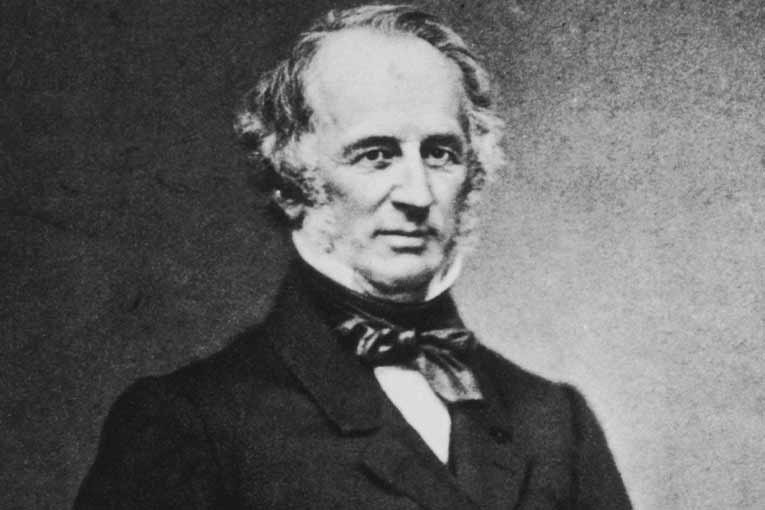The Early Years of a Visionary
Cornelius Vanderbilt, often referred to as the Commodore, was born on May 27, 1794, in Staten Island, New York. Growing up in a modest household, he had limited formal education but possessed a keen business sense from a young age. At 16, he began his career ferrying passengers and freight between Staten Island and Manhattan, laying the foundation for his future empire in transportation.
Seizing Opportunities in the Transportation Industry
Vanderbilt’s entrepreneurial spirit led him to explore various business ventures, including steamship operations along the East Coast. His strategic vision and relentless drive for success propelled him to become one of the most prominent figures in the transportation industry during the 19th century. Vanderbilt quickly recognized the potential of railroads as a more efficient mode of transportation and set out to dominate this emerging sector.
Building an Empire
In the mid-1800s, Vanderbilt shifted his focus to railroads, acquiring and consolidating numerous railway companies to create a vast network that stretched across the northeastern United States. His aggressive approach to business earned him the nickname “Commodore” for his commanding presence in the industry. Vanderbilt’s shrewd tactics, such as offering lower rates than his competitors and investing in cutting-edge technology, allowed him to outmaneuver rivals and solidify his position as a railroad magnate.
Shaping America’s Transportation Infrastructure
Vanderbilt’s impact on America’s transportation landscape cannot be overstated. By expanding and modernizing the country’s railway system, he facilitated the movement of goods and people on a scale never seen before. His innovative practices, such as standardizing track gauges and implementing centralized scheduling, revolutionized the efficiency of rail travel and contributed to the economic growth of the nation.
A Legacy of Success
Cornelius Vanderbilt’s legacy extends far beyond his lifetime. His pioneering spirit and business acumen laid the groundwork for the development of America’s industrial economy. The infrastructure he built formed the backbone of the nation’s transportation network, connecting distant regions and fueling commerce and trade. Vanderbilt’s influence can still be felt today, as the railways he established continue to play a vital role in the movement of goods and people across the country.
Cornelius Vanderbilt’s remarkable journey from a humble ferry operator to a railroad tycoon exemplifies the power of vision, determination, and innovation. His contributions to America’s transportation infrastructure not only transformed the way goods and people were moved but also set the stage for the country’s economic prosperity. Vanderbilt’s enduring legacy serves as a testament to the impact one individual can have on shaping the course of history.







